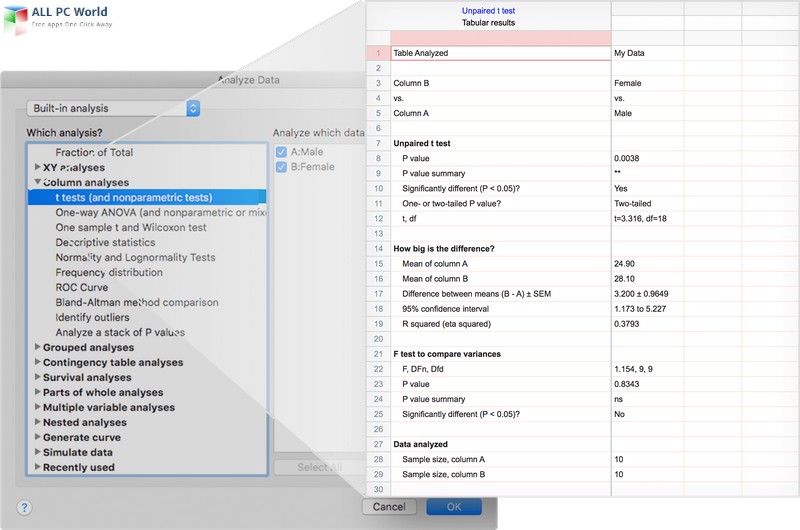


Bacterial community network analysis in gastric cancer suggests substantial complexity and a strong interplay between F. nucleatum was most abundant in patients with gastric cancer. periodonticum as the most prevalent in healthy subjects, while F. Phylogenetic biodiversity of Fusobacterium species in the stomach revealed F. In particular, Fusobacterium was associated with significant increase in hazard ratio in both univariable and multivariable analysis and independently validated using TCMA data. Bacterial community and outcome data analysis revealed the genus Fusobacterium and Prevotella significantly associated with worse overall survival in gastric cancer patients. Microbial differences were mostly characterized by lower relative abundances of H. The bacterial profile was analysed using 16S sequencing (V1–V2 region). The aim of the study was to explore the link between gastric cancer prognosis and the mucosal microbial community in tumorous and adjacent gastric tissue. pylori) infection has been considered as the main causal factor in gastric carcinogenesis, but other bacterial species may also play an important role in pathophysiology of gastric cancer.


 0 kommentar(er)
0 kommentar(er)
